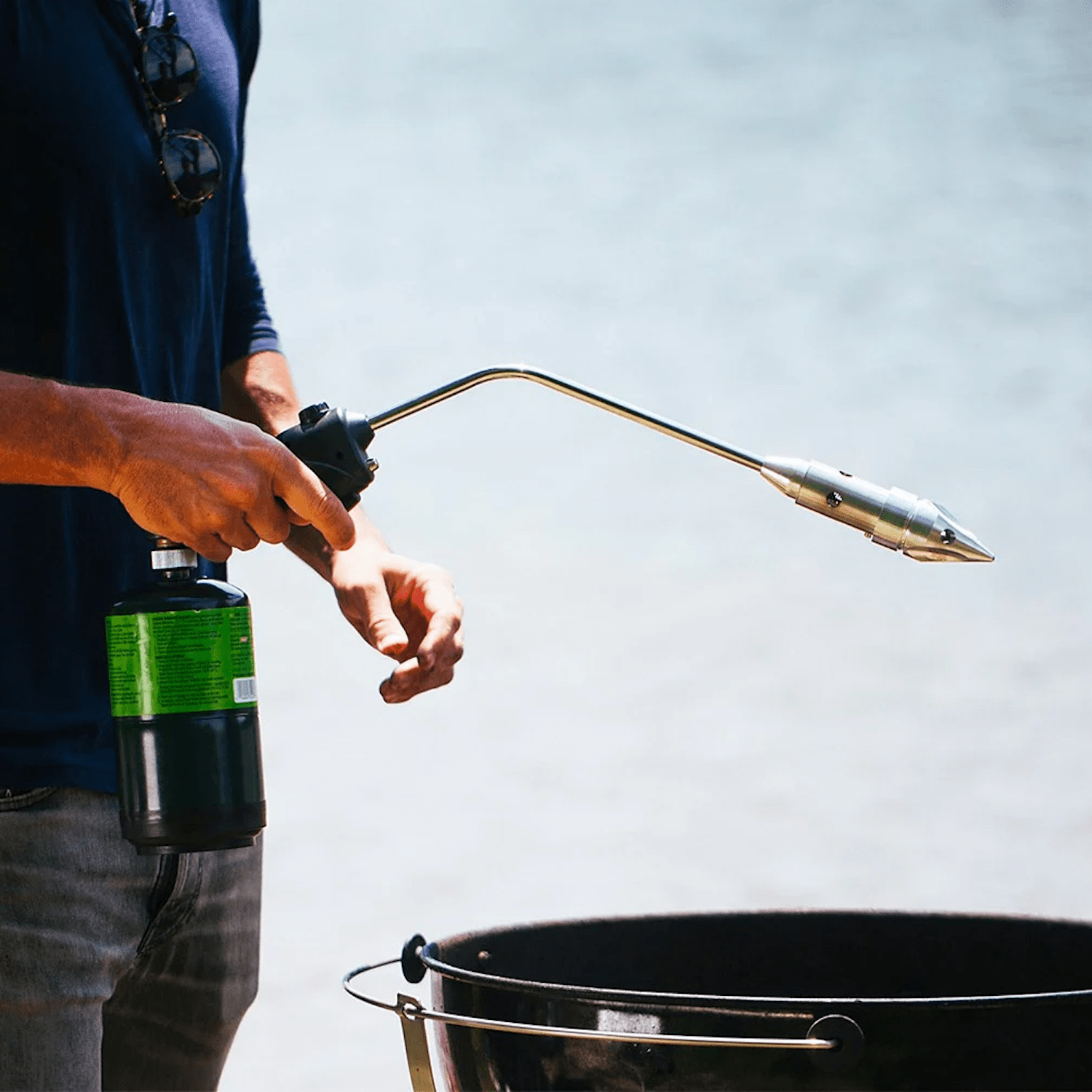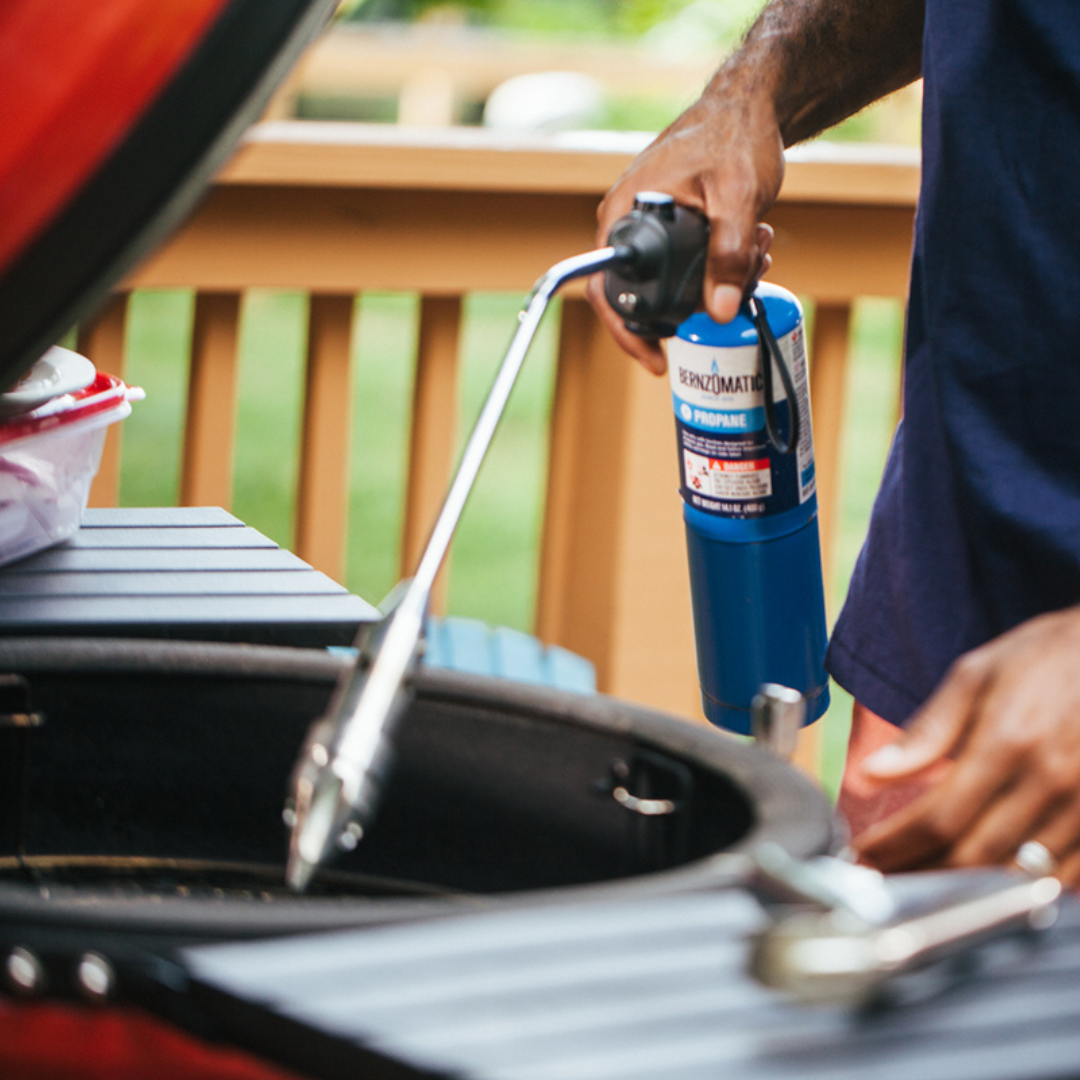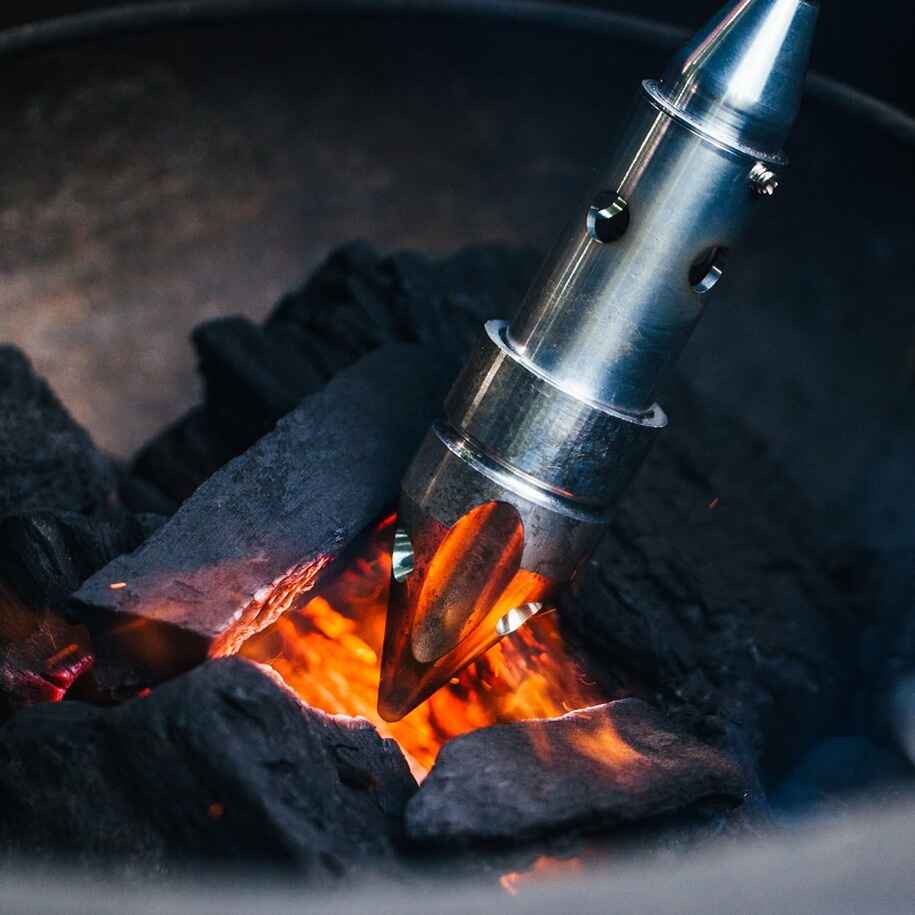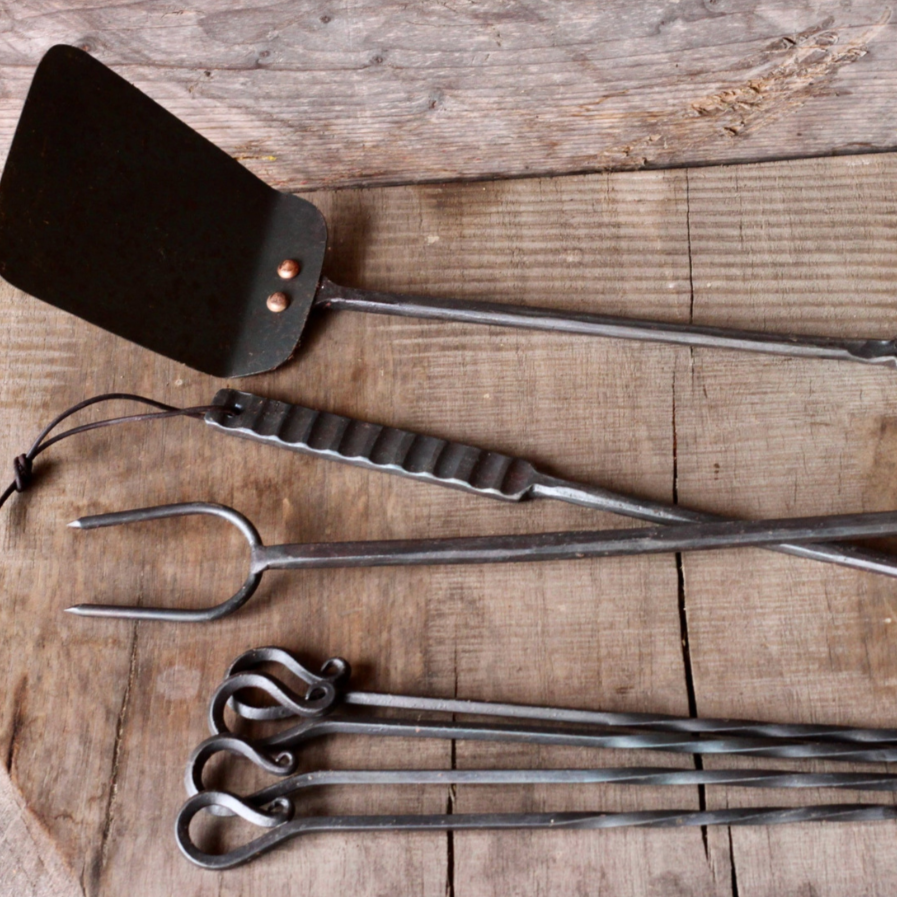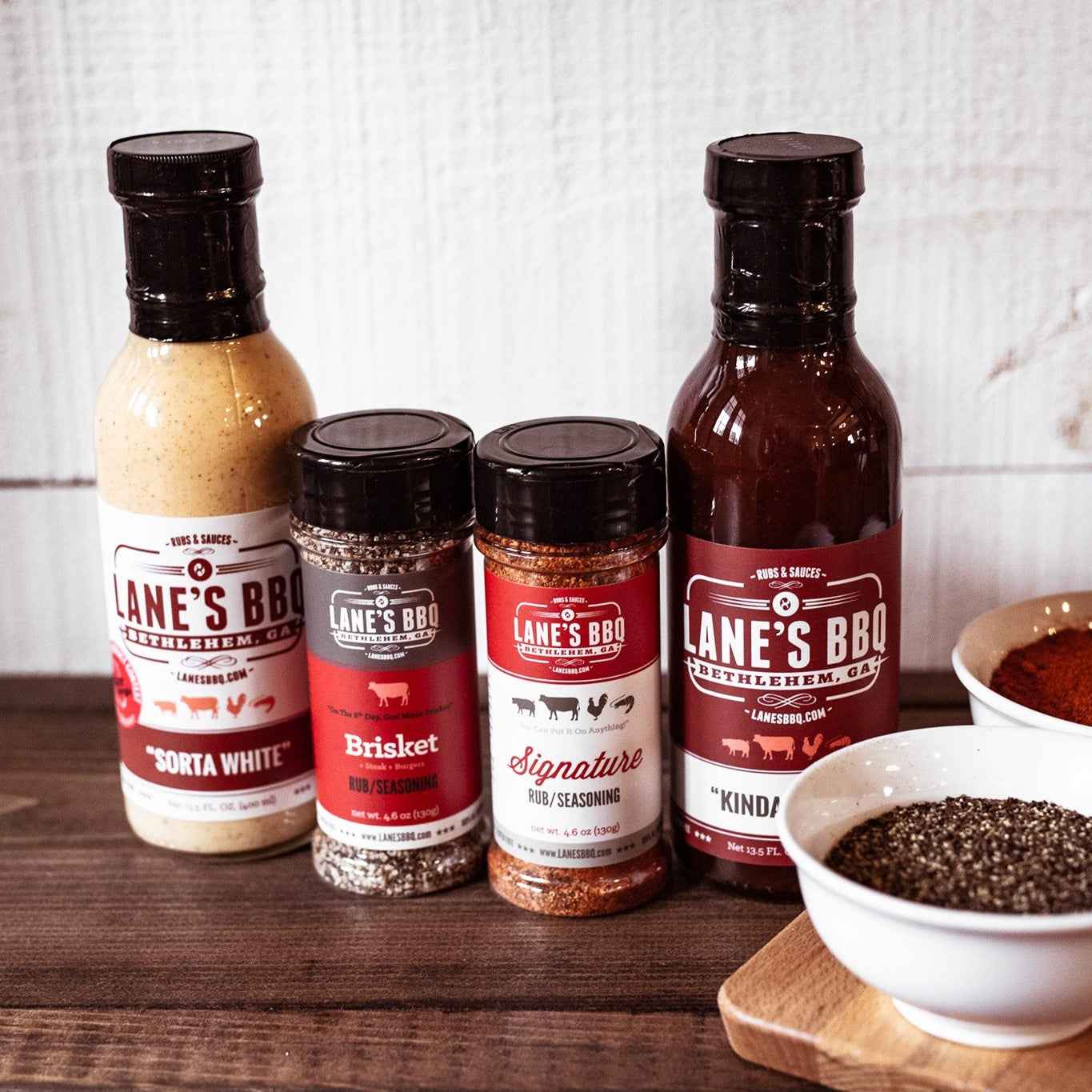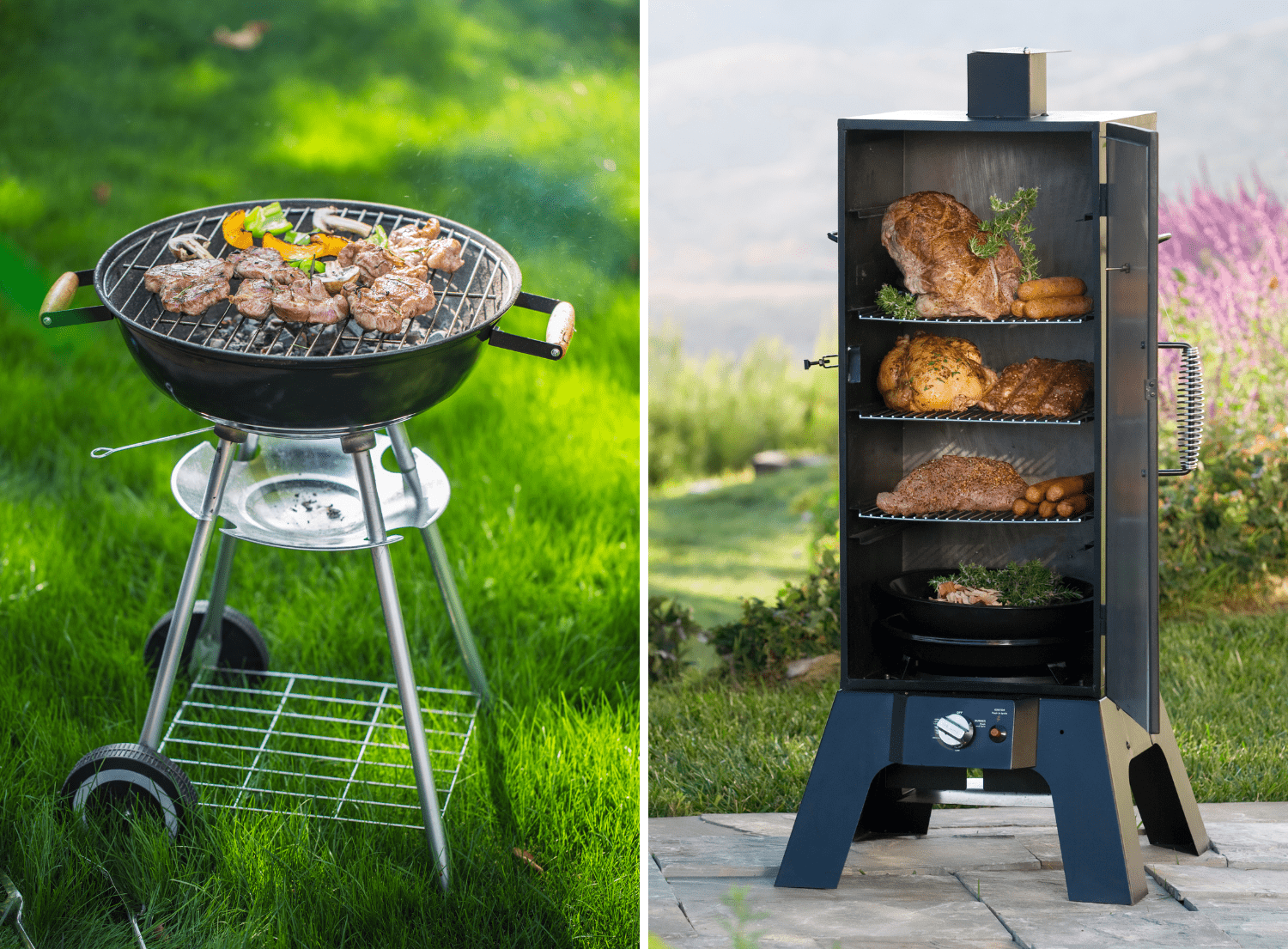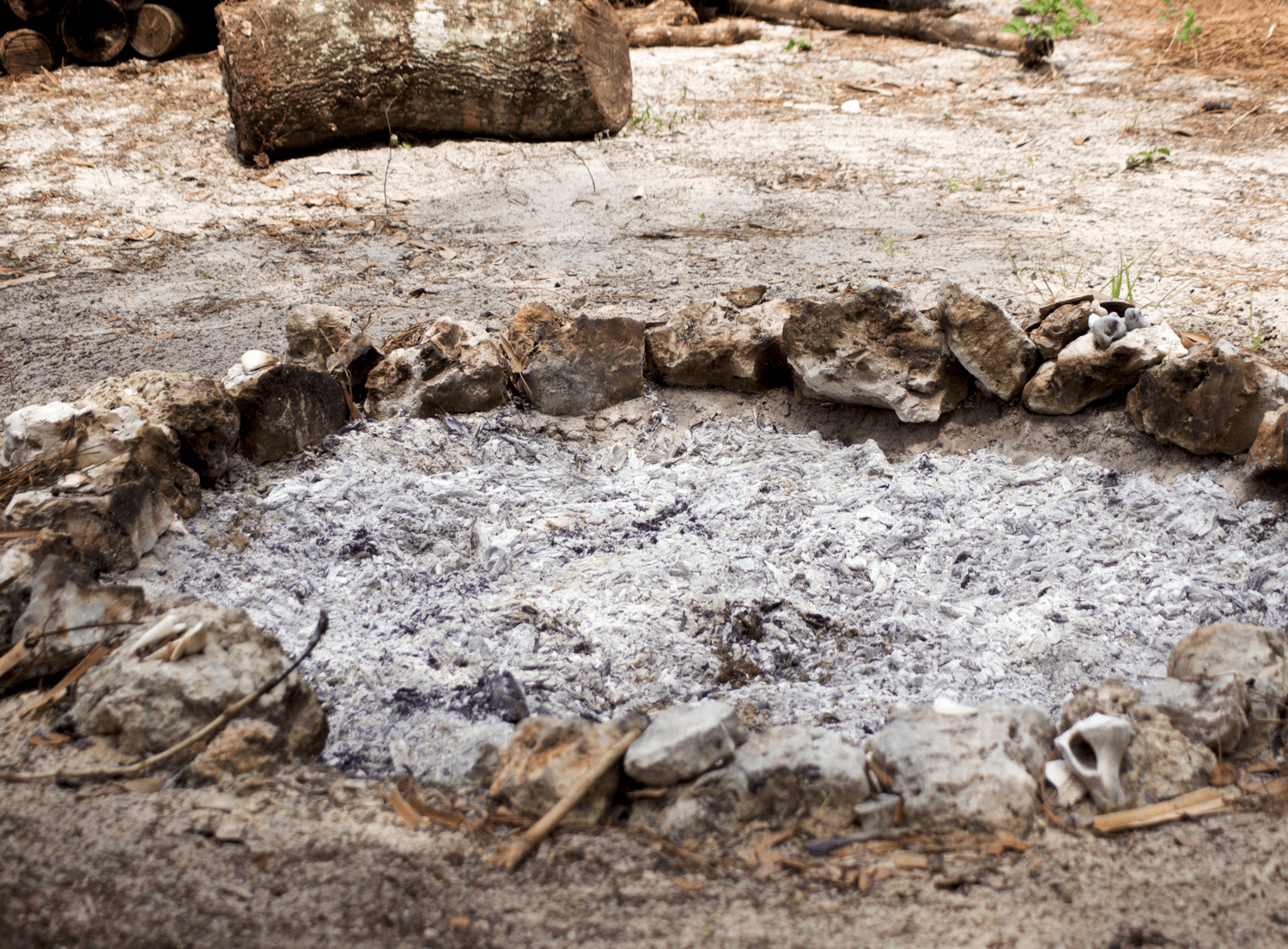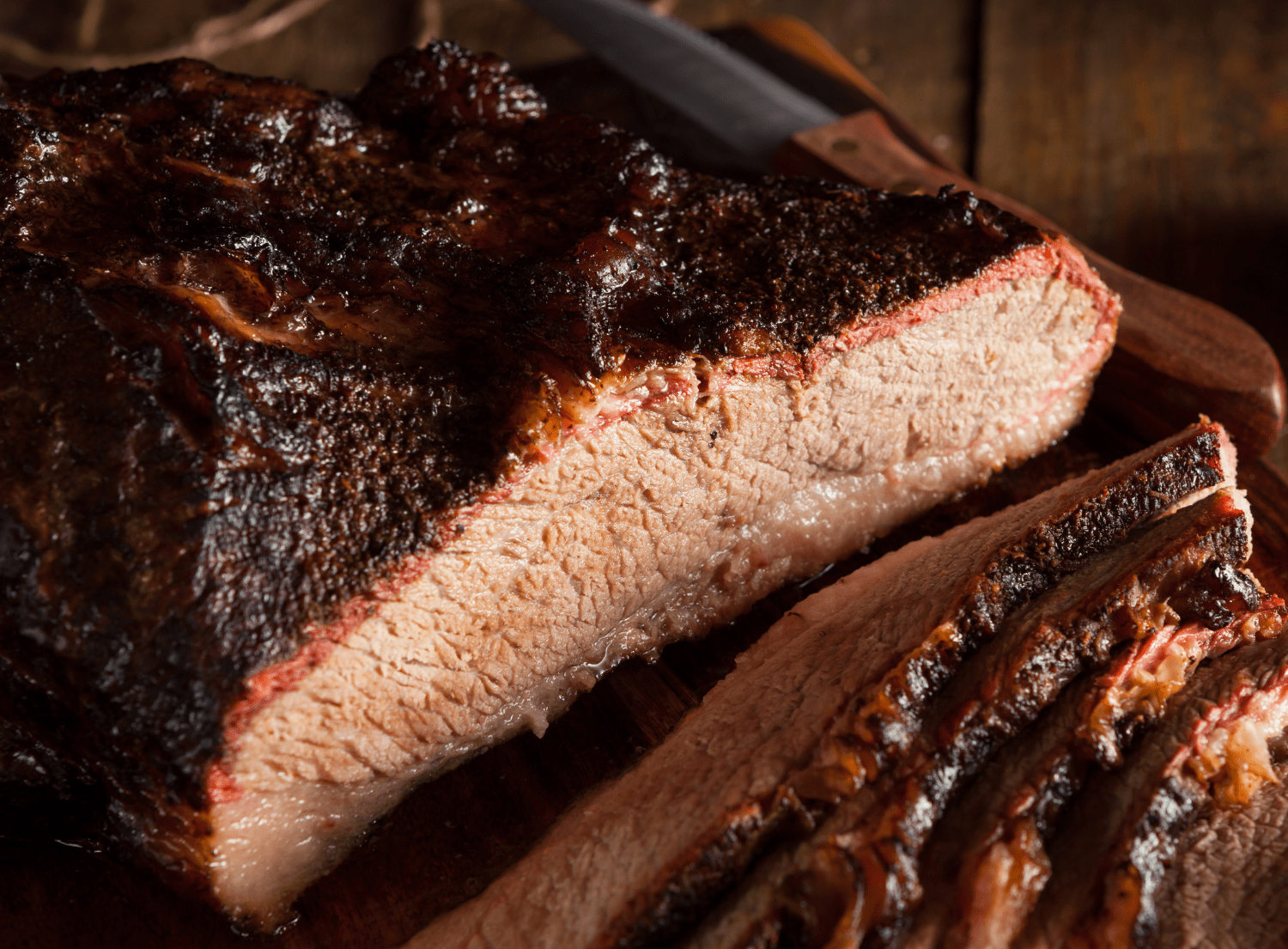In the outdoor cooking world of sizzle and smoke, the debate between smokers and grills has been a hot topic among many BBQ aficionados for decades. Both smokers and grills have their own loyal following, each claiming superiority in delivering that perfect, smoky flavor to meats and other delicacies that our taste buds love so much.
But what exactly sets them apart? In this blog, we dive into the world of grill vs. smoker, exploring their nuances, cooking methods, and the distinct flavors they impart to your culinary creations.
Grill vs. Smoker: The Basics
At first glance, smokers and grills might seem like two sides of the same coin, but they operate in fundamentally different ways. Grills, whether gas or charcoal, primarily use direct heat to cook food quickly over high temperatures. On the other hand, smokers are designed for slow cooking at lower temperatures, relying on indirect heat and actual smoke to infuse meats with rich, smoky flavor over an extended period.
The Heat Source
A gas grill brings the heat with propane or natural gas, perfect for quick feasts, while a charcoal grill offers intense flavour with its fiery briquettes. Whereas smokers, powered by charcoal, wood, gas, or electricity, are designed for maintaining lower temperatures over extended periods, ideal for slow cooking. To achieve the desired smoky flavor, just toss in some wood chips, pellets, or chunks, and you're set for a flavor-packed BBQ adventure!
Cooking Methods
When it comes to outdoor cooking, grills excel at searing meats and cooking foods quickly. With their direct heat prowess, grills shine at whipping up steaks, burgers, hot dogs, and veggies at high heat levels, infusing them with that irresistible charred goodness we all crave. On the flip side, smokers bring a whole new vibe to the backyard BBQ scene. With their knack for indirect heat, smokers take things slow and steady, making them the champions of tender, fall-off-the-bone meats like pork shoulders, beef brisket, and ribs. It's all about that low and slow method, allowing ample time for those flavors to mingle and create that signature smoky essence that BBQ enthusiasts adore.
Gas Grills vs. Charcoal Grills
Gas and charcoal grills each have their own set of advantages and appeal to different preferences among outdoor cooking enthusiasts. Gas grills offer convenience and ease of use with instant ignition and precise temperature control. They are perfect for those seeking a hassle-free grilling experience without the mess of charcoal.
In contrast, charcoal grills are prized for their ability to impart a distinct smoky flavor to grilled foods. They often require more attention and time to reach the desired temperature but are favored by purists for the authentic barbecue taste they deliver.
Electric and Other Varieties
In addition to gas and charcoal, there are electric grill models available on the market, which offer yet another option for outdoor cooking. While they lack the smoky flavor of traditional grills and smokers, electric grills provide convenience and are suitable for indoor or balcony use where open flames are restricted.
A Closer Look at Smokers
Smokers offer a diverse range of options, from classic charcoal and wood varieties to modern gas and electric models, each boasting distinct benefits. Traditionalists swear by charcoal and wood smokers, which utilize burning charcoal or wood to create rich smoke and sustain low cooking temperatures, resulting in that beloved authentic barbecue flavor.
On the other hand, gas and electric smokers provide convenience and simplicity, enabling precise temperature control and effortless operation, making them ideal for beginners or those with restricted outdoor space. While they may lack the nostalgic appeal of their charcoal and wood counterparts, gas and electric smokers still deliver mouthwatering results for any barbecue enthusiast.
The Flavor Factor
One of the most notable differences between smokers and grills lies in the flavor they impart to cooked foods. While both can produce delicious results, the method of cooking and the use of wood chips or charcoal significantly influence the final taste. Grilling, whether utilizing gas or charcoal, typically produces a caramelized exterior and succulent interior, often with a hint of charred flavor. While grills can impart some smokiness, it's usually not as pronounced as with smoking. Smoking, on the other hand, infuses meats with a deep, smoky flavor that penetrates the entire dish. The slow cooking process allows the meat to absorb the aromatic smoke, resulting in tender, flavorful cuts that are characteristic of barbecue.
Temperature Control and Monitoring
Another key distinction lies in temperature control and monitoring, crucial for achieving the desired doneness and flavor. Gas and charcoal grills typically operate at higher temperatures, with direct heat cooking methods. While some models feature temperature gauges, the cooking process often relies on visual cues and experience. Smokers require meticulous temperature control to maintain the low, steady heat necessary for smoking meats. Many models come equipped with built-in thermometers or require the use of a meat thermometer to ensure the internal temperature remains stable throughout the cooking process.
Getting the Fire Started
Lighting your grill or smoker just got easier with The RocketFire™ Fire Starter. This innovative tool offers a hassle-free solution to ignite your charcoal, wood, or gas grill in seconds. Say goodbye to messy lighter fluid and unreliable matches—simply aim the RocketFire torch at your fuel source, and watch as it quickly creates a powerful flame, ready to kickstart your cooking adventure.
With its durable construction and ergonomic design, the RocketFire torch is built to withstand the rigors of outdoor cooking, whether you're firing up the barbecue for a weekend cookout or preparing a slow-smoked feast. Its versatility makes it a must-have for any outdoor enthusiast, providing reliable ignition for grilling, smoking, camping, and more.

